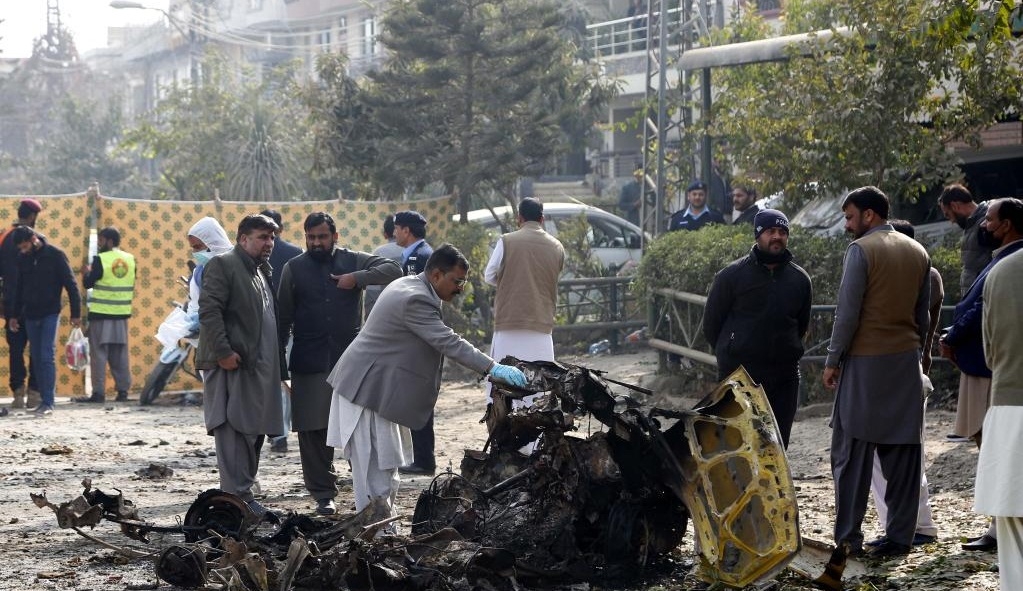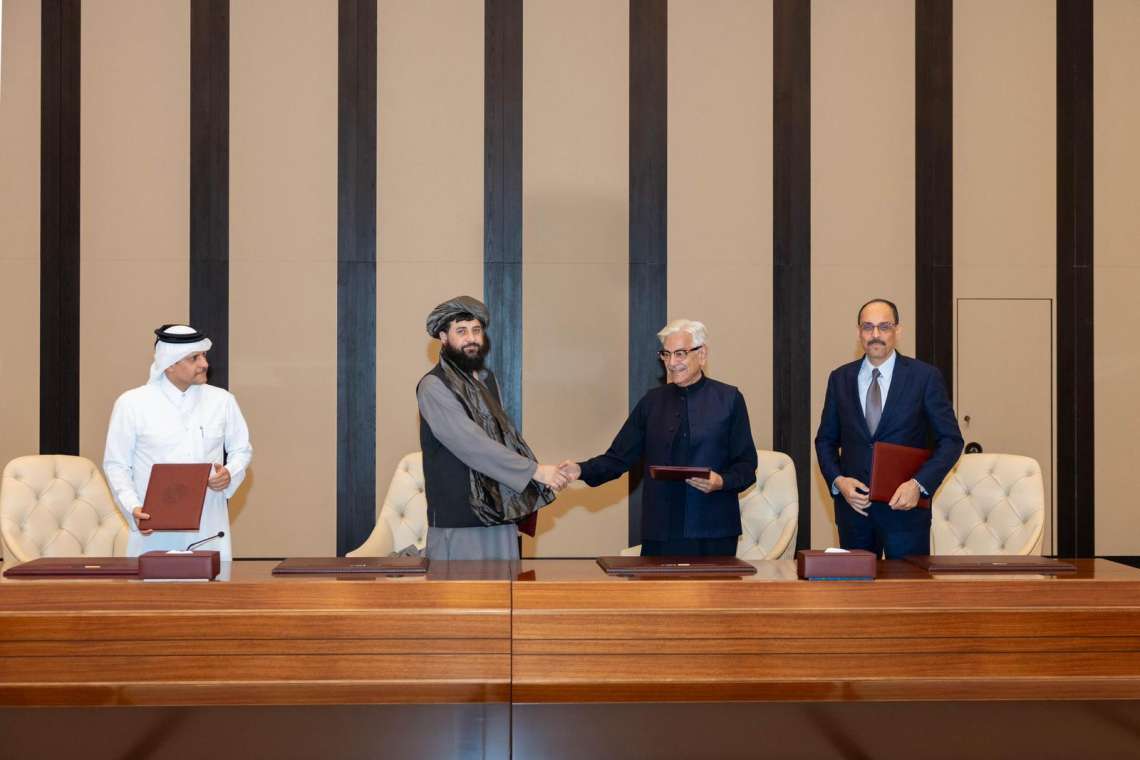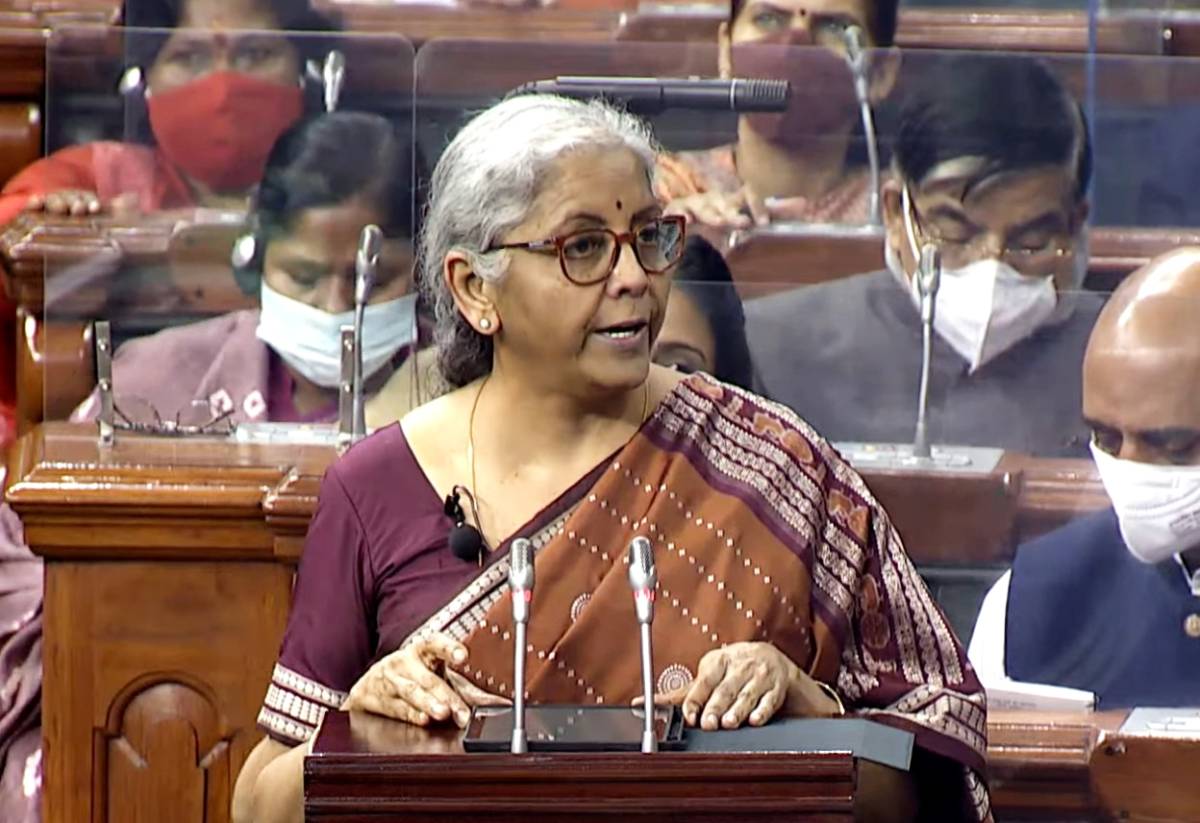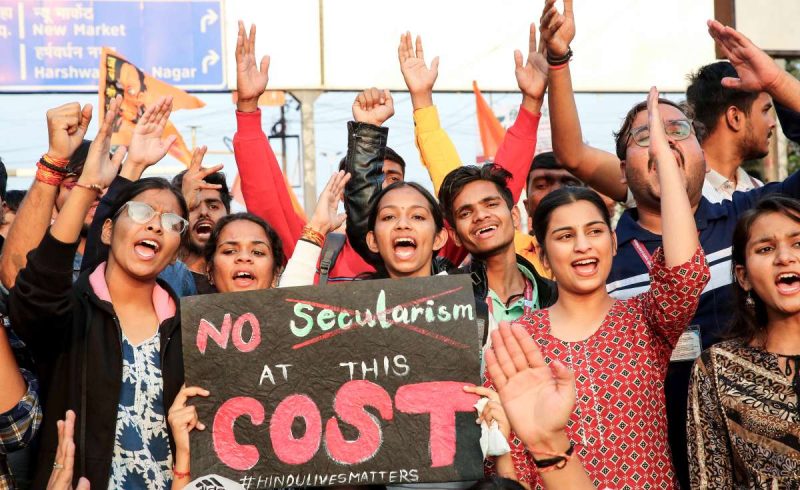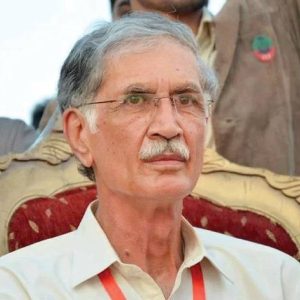The attacks during the year 2022 are also the highest number of militant attacks during the last five years…reports Asian Lite News
Pakistan witnessed an increase in terror attacks across the country in 2022 by 28 per cent as compared with the year 2021, said a report published on Monday.
According to the report released by the Pakistan Institute for Conflict and Security Studies (PICSS), militants carried out 376 terror attacks last year, in which 533 people were killed and 832 others were injured, reports Xinhua news agency.
The attacks during the year 2022 are also the highest number of militant attacks during the last five years, said the report.
It is for the first time since 2017 that the country faced over 300 militant attacks in a year and endured over 500 deaths for the first time after 2018, it added.
The last month of 2022 witnessed 44 per cent of the overall attacks that the country faced last year.
Terror attacks increased by 88 per cent in Balochistan and 54 per cent inKhyber Pakhtunkhwa in December 2022.
In December, the terrorists conducted 49 attacks and killed 56 people, including 32 security personnel.
In response to the attacks, security forces conducted 16 operations in December and killed 39 militants, and arrested 47 others, added the report.
The Tehreek-e-Taliban Pakistan and the banned Balochistan Liberation Army claimed most of the attacks, which had placed serious challenges before the Pakistani government as well as the security forces.
All-out military offensive
Amid increasing threat of resurgence of terrorism in the country, a high-level meeting of the National Security Committee (NSC) was held last week at the Prime Minister’s House, where it was mutually agreed that Pakistan’s national security and national interest will not be compromised at any cost.
At the NSC meet, chaired by Prime Minister Shehbaz Sharif and attended by the top brass of the civil military leadership, including Finance Minister Ishaq Dar, Planning Minister Ahsan Iqbal, Foreign Minister Bilawal Bhutto, along with Chief of Army Staff (COAS) General Asim Munir, Chairman Joint Chiefs of Staff Committee (CJCSC) General Sahir Shamshad Mirza, DGISI, DGIB, DGMI and other top officials of the armed forces, it was mutually agreed upon to respond to terror activities will full force.
“The top civil military leadership expressed the commitment that the fundamental interests of Pakistan’s survival, security and development will be safeguarded with utmost courage, consistency and perseverance,” read a statement issued after the first round of NSC talks concluded.
Sources also confirmed that the Pakistan government and the military establishment has decided to launch an all-out military offensive against terror hideouts, in line with the National Action Plan (NAP), which came into force after the terror attack at Army Public School (APS) in Peshawar on December 16, 2014, in which at least 144 school children and staff members were brutally killed by TTP terrorists.
It was after the APS attack that Pakistan decided to take on terror elements without any segregation of ‘good’ or ‘bad’ terrorist, for which a National Action Plan (NAP) was formulated and implemented.
“The entire nation is united on one narrative against terrorism and terrorists and those who challenge Pakistan — they will get full force response,” the NSC meeting decided.


